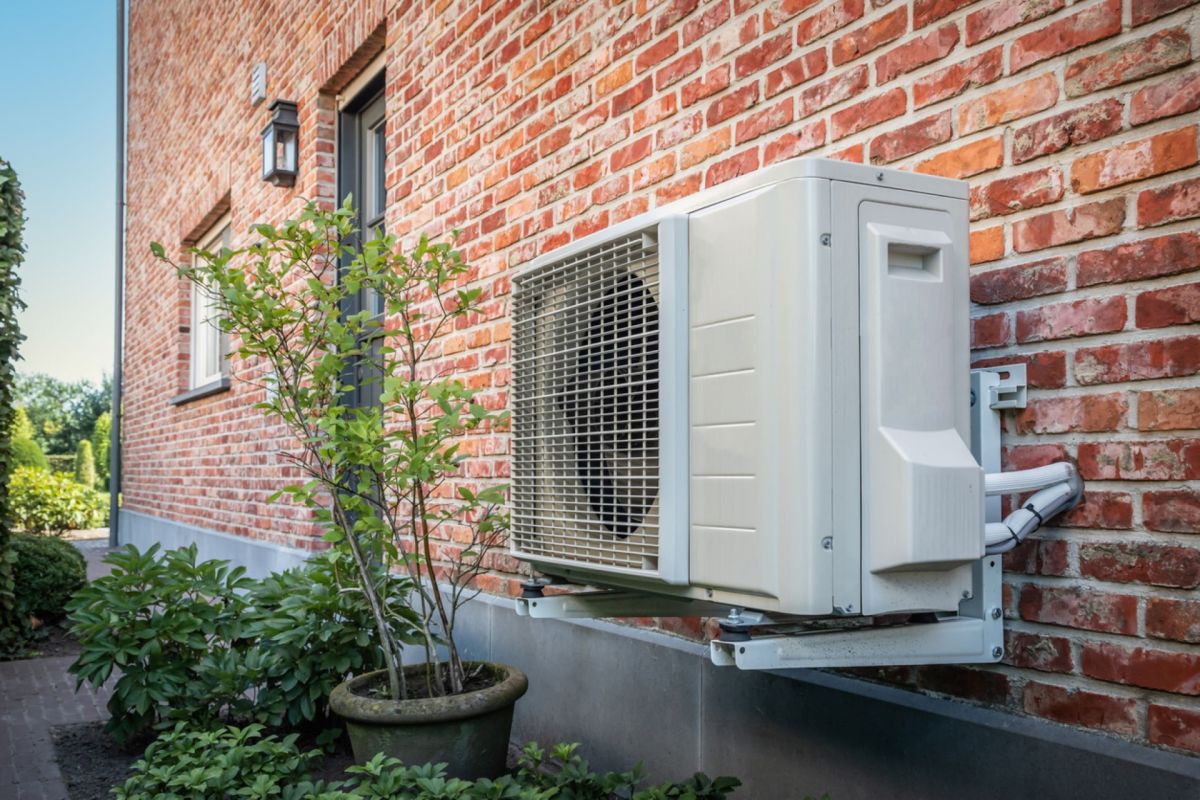The Energy Information Agency released its yearly winter fuels outlook in December, reporting how much users are expected to spend on different types of heating this winter. In this report, electricity was shown to be significantly more expensive than natural gas.
But there are serious issues with how those results are tallied, meaning that the raw figures are misleading, according to the Guardian, which reported the "annual federal report … leaves out critical nuance."
What happened?
The EIA reported that the average customer using heating oil would spend $1,856 this winter, propane would cost $1,337, electricity $1,063, and gas $605. This led many pro-gas publications to celebrate it as the cheapest heating option, the Guardian said.
However, those figures don't just cover heating; they include all the uses of that fuel source. In other words, the electricity figure includes lights, appliances, and electronics throughout houses.
The gas figure also includes gas appliances such as stoves, but as the Guardian pointed out, most American homes use electricity for way more tasks than gas, so the figure is likely to be more inflated.
Also, there's more than one type of electric heating, and there's a wide gap in efficiency between older and newer methods. Resistance heating — think space heaters — generates heat and uses a lot of electricity. But electric heat pumps don't generate heat; they just move it around — a process that takes one-third to one-half the energy you'd otherwise need to generate the same amount of heat.
Despite the night-and-day difference, the EIA figure for "electric heating" lumped both categories together. As Wael Kanj, a research associate at Rewiring America, told the Guardian, "It's like averaging the top speed of a Power Wheels [toy car] and a Tesla."
Why does this lost nuance matter?
When you look at how the EIA arrived at its heating cost figures, it becomes clear that those numbers don't tell the whole story. Heating your home with electricity can actually be much cheaper than heating it with gas.
People who are looking to save money by choosing the most efficient new appliances need accurate information about the costs — and not just the price in dollars. There's also an environmental cost to relying on a polluting energy source such as gas, which causes breathing problems and heats up the whole planet.
What's being done about the misunderstanding?
In the EIA report, it clarified, "Total expenditures will vary from our forecasts in this outlook. … For example, heat pumps are more efficient than electric resistance heating."
Chris Higginbotham, EIA press officer, told the Guardian in an email, "It's not uncommon for users to miss this distinction in our forecast, so we re-emphasized this point on social media last week to address confusion."
Join our free newsletter for cool news and actionable info that makes it easy to help yourself while helping the planet.









